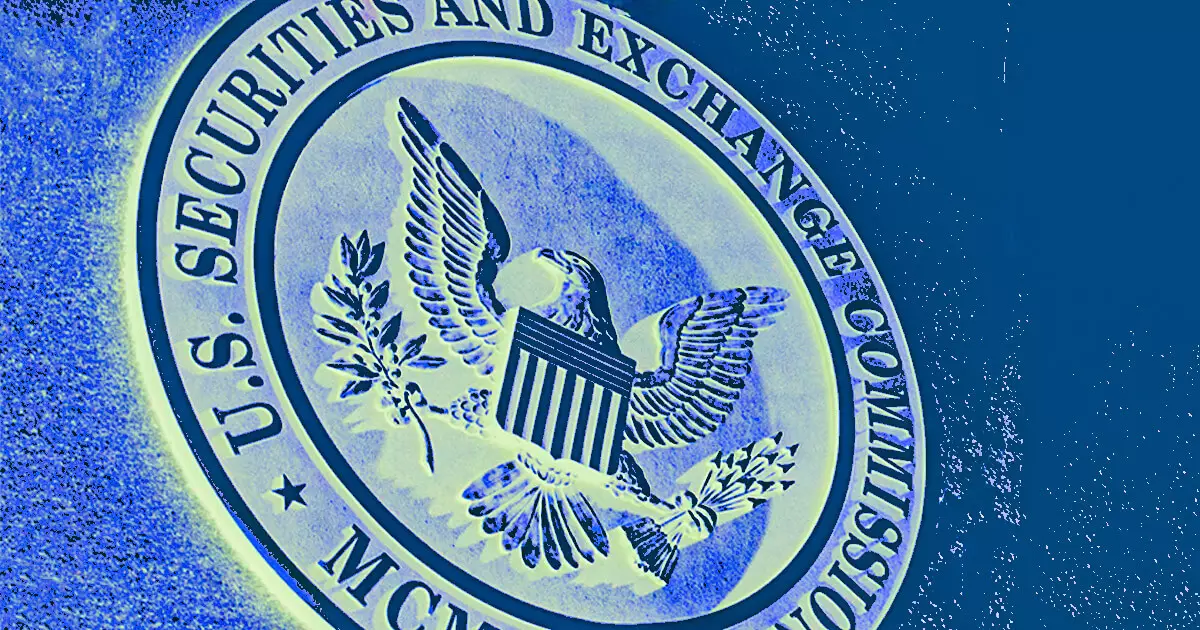In recent months, a legal battle involving the Flyfish Club’s non-fungible token (NFT) collection has ignited a contentious debate within the cryptocurrency and regulatory landscapes. The SEC’s enforcement actions, particularly against the culinary-themed NFT project, have drawn sharp criticism from two of its own commissioners—Hester M. Peirce and Mark T. Uyeda. Their dissenting perspective raises key questions about the application of securities laws in the evolving digital asset space.
The Essence of the Flyfish Club NFT
The Flyfish Club, a unique dining establishment, leveraged NFTs to sell exclusive memberships promising access to a future restaurant and bar experience. Approximately 3,000 NFTs were minted, with over half sold at impressive price points—$8,400 for regular NFTs and $14,300 for Omakase-tier offerings—culminating in a staggering $14.8 million in sales. Additionally, the club accrued $2.7 million in royalties from secondary market transactions. However, the SEC’s classification of these NFTs as securities due to the financial gains associated with their ownership presented Flyfish Club with grave legal challenges.
The SEC claimed Flyfish Club engaged in an unregistered offering of crypto asset securities, leading to a settlement that required a $750,000 penalty and adherence to a cease-and-desist order. This move stirred criticism not only from Peirce and Uyeda but also among broader NFT creators and enthusiasts. The commissioners articulated their dissent with a striking analogy. They indicated that just as Omakase dining necessitates trust between chef and diner, so too should there exist a trust between innovators and regulators—a trust they argue is violated by the SEC’s heavy-handed approach.
The Utility vs. Security Debate
Critics of the SEC’s actions emphasize the undeniably utility-driven nature of Flyfish NFTs—distinct from traditional securities. Peirce and Uyeda highlighted the importance of the Howey Test, arguing that it inadequately applies to the Flyfish NFTs since purchasers were negotiating not just for financial gain but for exclusive culinary experiences. Their refrain calls for clearer guidelines for NFT creators, advocating for an environment that fosters genuine innovation without the looming specter of regulatory penalties.
The recent tension is not confined to the Flyfish Club alone. The SEC issued a Wells Notice to OpenSea, the leading NFT marketplace, signaling potential enforcement actions for offering what the SEC posits as securities. This issue resonates deeply with creators and artists who find themselves at the intersection of expression and legal ambiguity. Coinbase-backed Stand With Crypto Alliance has since launched a $6 million Creator Defense Fund, illustrating the urgency and necessity for defending artistic innovation against regulatory overreach.
The ongoing saga involving the SEC and NFT projects like Flyfish Club reveals a critical juncture in the relationship between regulatory bodies and the burgeoning world of digital assets. In light of the distinct utility offered by many NFTs, the call for clearer regulatory guidelines becomes increasingly pressing. Striking the right balance between safeguarding investors and fostering creative innovation is essential for the long-term health of both the cryptocurrency and artistic sectors. The future will hinge on how both parties navigate these complex waters together.

